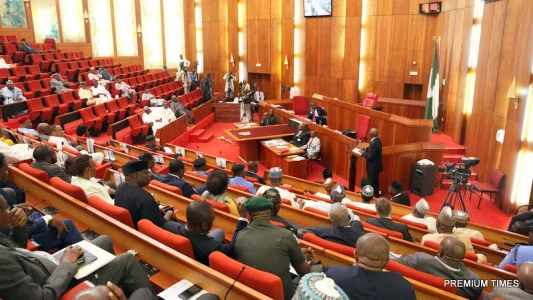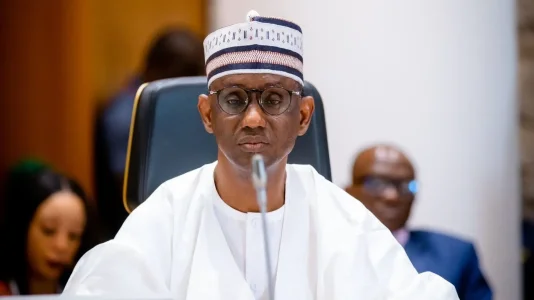
Labour Party wins a landslide victory in the UK general election, with Keir Starmer becoming Prime Minister. Labour secures 410 seats, Conservatives 144. Rishi Sunak concedes, and congratulates Starmer. Key Conservative figures lose seats; Nigel Farage wins Clacton. Significant political shift anticipated.
In a historic landslide victory, the Labour Party has won the UK general election, with Keir Starmer set to become the new Prime Minister. Final figures reveal that Labour is expected to secure 410 seats, while the Conservatives will hold only 144 seats. This marks a significant shift in British politics, reflecting widespread public support for Starmer's leadership and Labour's policies.
Outgoing Prime Minister Rishi Sunak has accepted defeat, calling Starmer to offer his congratulations. Sunak described the election results as a “sobering verdict” and expressed his regrets, saying, “I am sorry.” Despite losing his seat, Sunak emphasized the importance of a smooth transition of power for the benefit of the nation.
Keir Starmer, after winning his seat in Holborn and St Pancras, addressed his supporters with a message of change and determination. “The change begins right here… it is time for us to deliver,” Starmer declared, promising to fulfill Labour's campaign promises and bring about substantial reforms.
The election saw significant losses for high-profile Conservative figures, including Defence Secretary Grant Shapps, Jacob Rees-Mogg, and Penny Mordaunt, who all lost their seats to Labour candidates. In a notable development, Nigel Farage, leader of Reform UK, won his first seat in Clacton, while his party colleagues Richard Tice and Lee Anderson also secured victories.
Former Labour leader Jeremy Corbyn won Islington North as an independent candidate, whereas Labour’s Jon Ashworth lost to an independent. Additionally, George Galloway of the Workers Party lost the seat he had previously won earlier this year. The Green Party also saw success with Carla Denyer winning in Bristol Central. The SNP faced a significant reduction in seats, dropping from 43 to just six.
The Labour victory represents a decisive mandate from the electorate, signaling a demand for new leadership and policies aimed at addressing economic inequality, healthcare, and social services. As Keir Starmer prepares to take office, the nation anticipates the beginning of a new era in UK politics.



